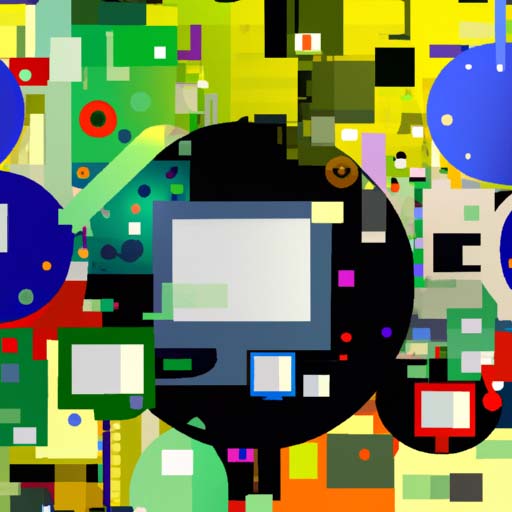TLDR:
Pope Francis has issued a warning about the dangers of artificial intelligence (AI), highlighting the problem of deepfakes and their potential to distort reality and damage relationships. Francis called for increased regulation on AI to prevent harmful and socially unjust effects, and also raised concerns about the potential for AI to create new forms of exploitation and inequality. He emphasized the important role of journalism and urged that AI be used as a tool to support, rather than replace, the work of journalists.
Pope Francis has expressed concerns about the “perverse” dangers of artificial intelligence (AI) and the potential for it to distort reality and damage relationships. In a message commemorating World Communications Day, Francis highlighted the problem of deepfakes, which use AI technology to create fake images and audio messages that appear convincingly real. He noted that he himself had been a victim of a deepfake photo that went viral online last year.
In his message, Francis called for increased regulation on AI to prevent harmful, discriminatory, and socially unjust effects. He raised questions about whether AI will lead to more equality or more inequality in the world and emphasized the need for careful consideration and ethical decision-making in the development and use of AI technology.
Francis also stressed the importance of journalism and warned against the potential displacement of journalists by AI. While acknowledging that AI can have positive contributions to the communications sector, he emphasized that it should not eliminate the role of journalism on the ground but should support it.
This warning from Pope Francis adds to the growing concerns about the ethical and societal implications of AI. Deepfakes, in particular, have raised alarm due to their potential to spread misinformation and manipulate public opinion. The Pope’s call for increased regulation and ethical considerations reflects the need for responsible development and use of AI technology in order to mitigate these dangers and ensure a more equitable and trustworthy future.
